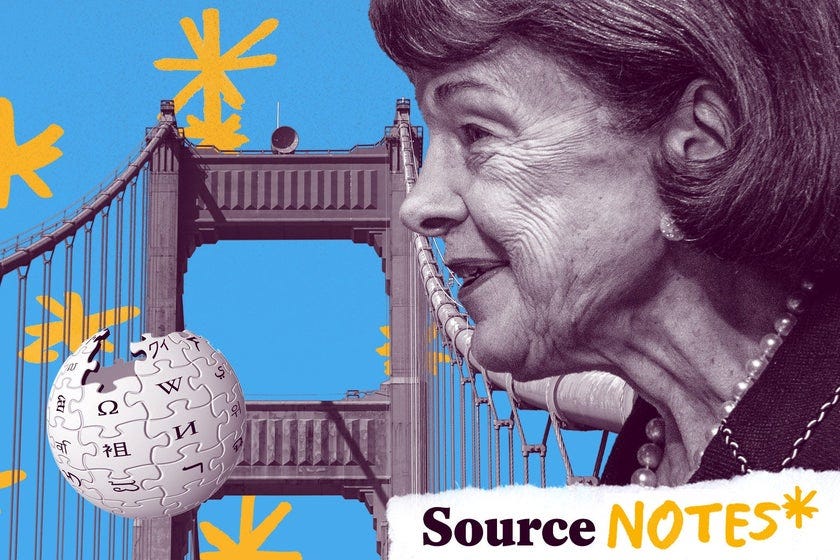Wikipedia is Trying to Transcend Human Language
Wikipedia has 323 language editions. A new project wants to use technology to standardize them.
Wikipedia has 323 language editions, and at times, there are huge differences between them.
For instance, Jasenovac was a concentration and extermination camp during World War II, which is described in detail on English Wikipedia. Hebrew Wikipedia, and other language versions. But according to Croatian Wikipedia, Jasenovac was merely a labor camp.
Spanish Wikipedia refers to Catalonia as a Spanish autonomous community, whereas Catalan language Wikipedia declares Catalonia to be its own country.
Until relatively recently, Cebuano Wikipedia said that the mayor of San Francisco was Dianne Feinstein. (Feinstein has not been mayor since 1988; Cebuano is a language spoken in the southern Philippines.)
Why are there such differences? Each language version of Wikipedia has historically been its own project, operating largely independently with the content managed by its own community of volunteer editors. In other words, there is not a singular Wikipedia—there are 323 separate Wikipedias. But at a conference in August, Wikipedia leaders presented a new initiative that could theoretically unify the information presented by all of the other Wikipedias, a proposed language-independent encyclopedia that has been generating buzz and prompting a lot of questions within the free content movement.
>> Read my new article for Slate
Also at Wikimania . . .


My Recent Book Recommendations . . .
Post-Truth by Lee McIntyre
In Beta by Prescott Harvey
The Midnight Library by Matt Haig
Best,
Stephen


